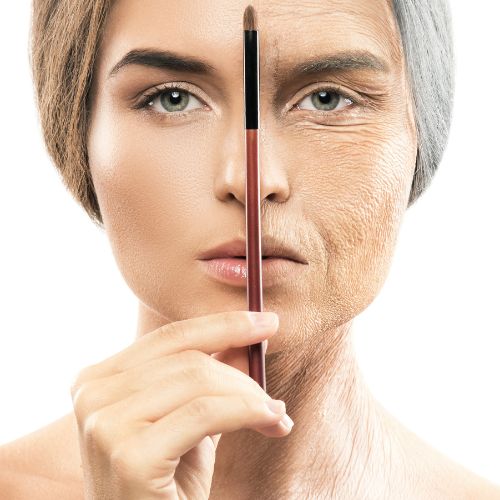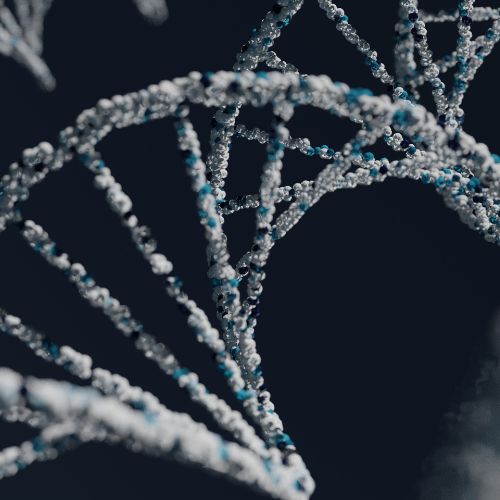Panchakarma Ayurveda has a particular way to treat a slip disc problem that works on two factors.
First, it works on muscle stiffness, making it easier to help the area that and second, it also helps to nourish the spine to heal.
There are external treatments like Kati Basti and Pottali that help, but there is a need also to the internal passage of medicines through Panchakarma. The internal approach helps provide holistic lasting solutions to help the spine normalise.
Panchakarma has a unique technique of Basti Chikitsa, which is the administration of medicines through the anus. Unlike other routes, rectal medication is way easier since it has better absorption event which leads to better healing and alleviation.
There is also another part of Panchakarma which is Vamana Karma which is vomiting on purpose to get rid of toxins from the liver and the high part of the stomach. This is great for asthma and allergy patients, however is not indicated for patients with spinal disc issues.
For lasting sustainable healing, patients are strongly recommended following panchakarma with help specific therapeutic Yoga and proper Ayurvedic medicines.

In the anatomy of human body, a slipped or herniated disc is a part of one’s spine that can lead to a lot of pain. In simple terms, the spine can be thought of as a collection of bones, and in our body physiology there are discs in between these bones which allows daily movements. In addition, these bones are flexible and discs counter shock to the bones.
All human beings have different parts of a spine, these are: cervical, thoracic, lumbar, sacrum and coccyx. The vertebrae that make up the above parts are joined together to shape a backbone. Between the bones, there exists a protective disc which is made is composed of 2 important parts, an outer layer and an inner layer which is softer in nature. In the event that the inner layer is under strain or gets damaged, it can lead to herniated or prolapsed disc.
There is a misconception among many that slipped disc is only related to discomfort of the body, one can also face other problems such as chronic pain and in extreme cases put extra strain on spinal nerves which leads to numbness. Suffers usually need a lot of relief from these symptoms and that is the reason many people take the extreme step of undergoing disc surgeries.






Age: As we age, the discs in our spine lose water content, making them less flexible and more prone to injuries like a slip disc.

Lifestyle Factors: Sedentary lifestyles and lack of regular exercise weaken the muscles that support the spine, increasing the risk of slip discs.

Incorrect Posture: Prolonged periods of poor posture, whether sitting or standing, can strain the spinal discs and contribute to slip disc issues.

Trauma or Injury: Sudden trauma, such as accidents or falls, can cause discs to herniate or slip out of place, leading to discomfort and pain.

Genetic Predisposition: Some individuals may have a genetic predisposition to disc-related problems, making them more susceptible to slip discs.

Occupational Hazards: Certain occupations that involve heavy lifting, repetitive movements, or constant vibration expose individuals to a higher risk of slip disc issues.
A slip disc, also known as a herniated or prolapsed disc, occurs when the inner, gelatinous part of a spinal disc protrudes through its outer ring. Symptoms include back pain, numbness or tingling, weakness in the limbs, difficulty walking, and radiating pain.
Ayurvedic Panchakarma treats slip disc by addressing muscle stiffness and nourishing the spine. It includes external treatments like Kati Basti and Pottali and internal administration of medicines through methods like Basti Chikitsa, which involves rectal administration to enhance treatment effectiveness and provide targeted relief.
Basti Chikitsa is a part of Panchakarma that involves administering medicines through the anal route. This method allows the medicine to work more directly on the affected area, enhancing treatment effectiveness and providing targeted relief for slip disc issues.
Yes, for sustainable recovery, patients are advised to follow Panchakarma with therapeutic yoga and proper Ayurvedic medicines. Maintaining a healthy lifestyle, including regular exercise and correct posture, is also crucial to prevent further disc problems.
Common causes include aging, sedentary lifestyle, incorrect posture, trauma or injury, genetic predisposition, and occupational hazards. Prevention can involve staying active with regular exercise, maintaining proper posture, avoiding heavy lifting, and being cautious to prevent injuries.